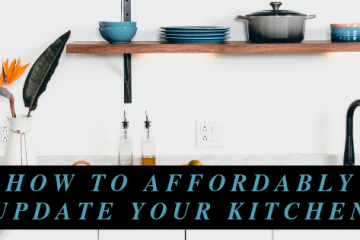What facial treatment is good for eczema?
What facial treatment is good for eczema?
In general, treatment of facial eczema involves avoiding further irritation caused by cosmetics and toiletries, switching to a gentle regimen of skin cleansing, and actively treating the eczema with emollients and anti-inflammatory therapy (topical steroids or topical calcineurin inhibitors).
Can you get a facial if you have eczema?
As a general rule, body scrubs are not going to do delicate, reactive skin much good, so stick to a massage or facial. It’s a good idea to call ahead and speak to a therapist about your condition and find out which products used in different treatments.
Is Cetaphil good for eczema on face?
Cetaphil Gentle Skin Cleanser Peredo emphasizes the importance of avoiding scrubs and other harsh cleansers if you have eczema on our face. It’s free of fragrances, hypoallergenic, and noncomedogenic, so it won’t clog your pores or irritate your skin.
Why is my eczema getting worse?
Some people also report their symptoms get worse when the air is dry or dusty, or when they are stressed, sweaty, or too hot or too cold. If you’re diagnosed with atopic eczema, a GP will work with you to try to identify any triggers for your symptoms.
How do you treat eczema on your face?
Fortunately, mild forms of eczema are relatively easy to treat. If you have a patch of eczema on your face, it can usually be treated through frequent application of a moisturizing lotion. If that doesn’t work, you’ll need to see a doctor.
What is the best treatment for severe eczema?
One of the best natural treatments for eczema is tea tree oil therapy. Simply mix 3 drops each tea tree oil and lavender oil with one teaspoon coconut oil and apply this oil mixture on eczema affected area of the skin twice daily.
What are the symptoms of eczema on face?
Skin redness is the most distinct sign of eczema on the face. It can also be accompanied by dry, flaky, itchy skin. It commonly appears on the cheeks, but one can also develop eczema rashes behind the ears too.
How to know when your dry skin is actually eczema?
6 signs your dry, irritated skin is actually eczema There are dry patches on your skin and they’re very itchy. Your skin is red and inflamed. You’re having trouble sleeping because of how irritated your skin feels. Patches of your skin is flaky and scaly. Patches of dry skin are popping up in specific spots on your body.


